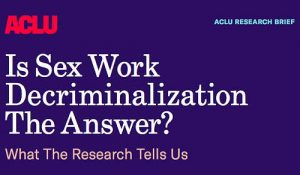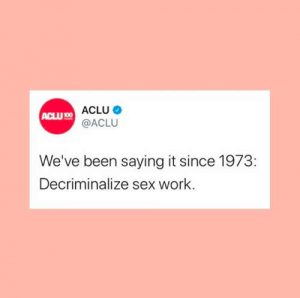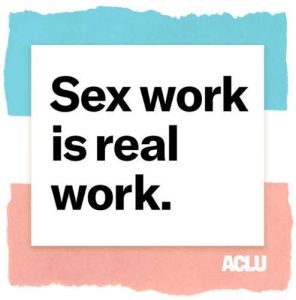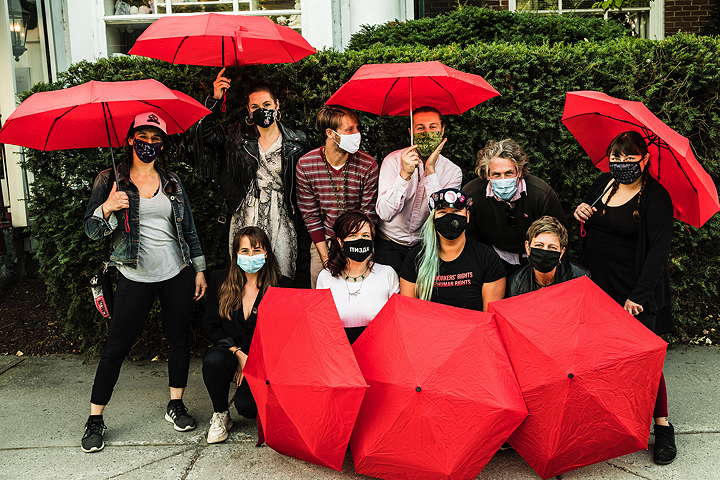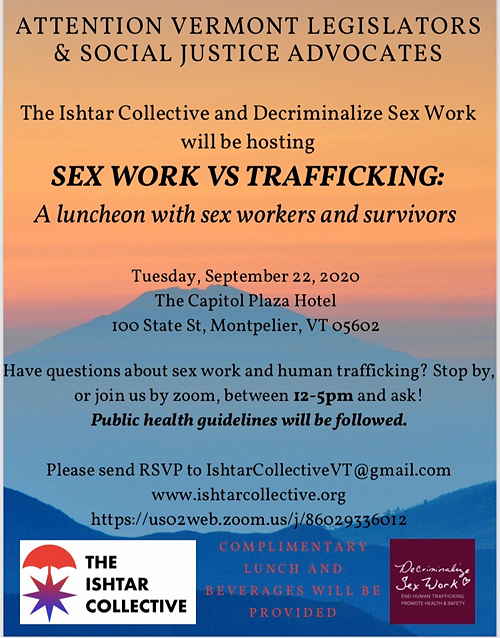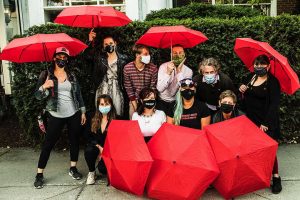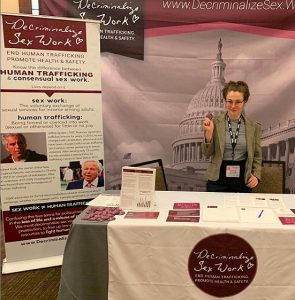November 19-20, 2020
The New York Transgender Advocacy Group (NYTAG) is hosting a Transgender Day of Remembrance Virtual Summit on November 19 and 20, from 10 a.m. to 2 p.m. EST. You can register for the event here.

(Photo: NYTAG)

DSW’s Crystal DeBoise (front row, second from the right) and Frances Steele (front row, far right) pose with fellow advocates and community members at last year’s December 17 event. (Photo: DSW, 2019)
DSW Newsletter #20 (November 2020)
Hero(es) of the Month: Jet Setting Jasmine and Other Sex Workers Get Out the Vote
November 9, 2020 For a group too often overlooked and discounted in the political sphere, sex workers more than fulfilled their civic responsibility this election season. Rolling Stone magazine recently...
Read More

DSW Featured at Woodhull Freedom Foundation’s Sexual Freedom Summit
October 15, 2020 DSW’s J. Leigh Brantly and Melissa Broudo spoke on a panel entitled “Fighting for Decriminalization in the Era of COVID and Black Lives Matter” at the Woodhull...
Read More

ACLU Research Brief Points to Decriminalization
October 21, 2020 The American Civil Liberties Union (ACLU) released a research brief entitled “Is Sex Work Decriminalization the Answer? What the Research Tells Us.” Developed in consultation with local...
Read More
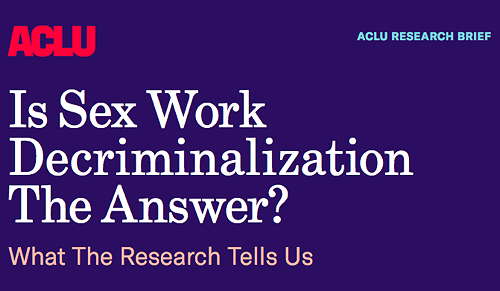
Mark Your Calendars
November 19-20, 2020 The New York Transgender Advocacy Group (NYTAG) is hosting a Transgender Day of Remembrance Virtual Summit on November 19 and 20, from 10 a.m. to 2 p.m....
Read More

 Hero(es) of the Month: Jet Setting...
Hero(es) of the Month: Jet Setting...
 DSW Featured at Woodhull Freedom Foundation’s...
DSW Featured at Woodhull Freedom Foundation’s...
 ACLU Research Brief Points to Decriminalization
ACLU Research Brief Points to Decriminalization
 Mark Your Calendars
Mark Your Calendars




